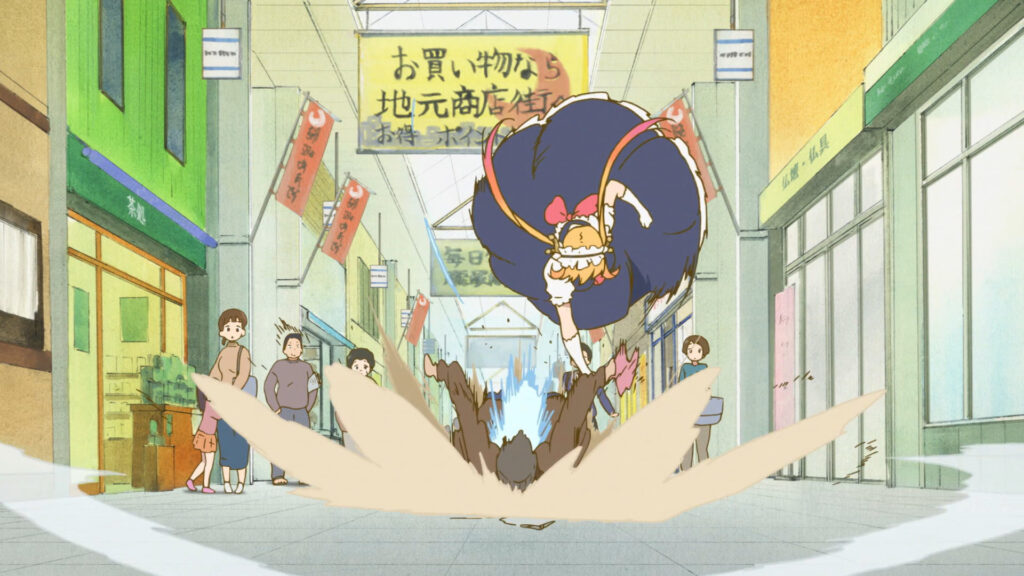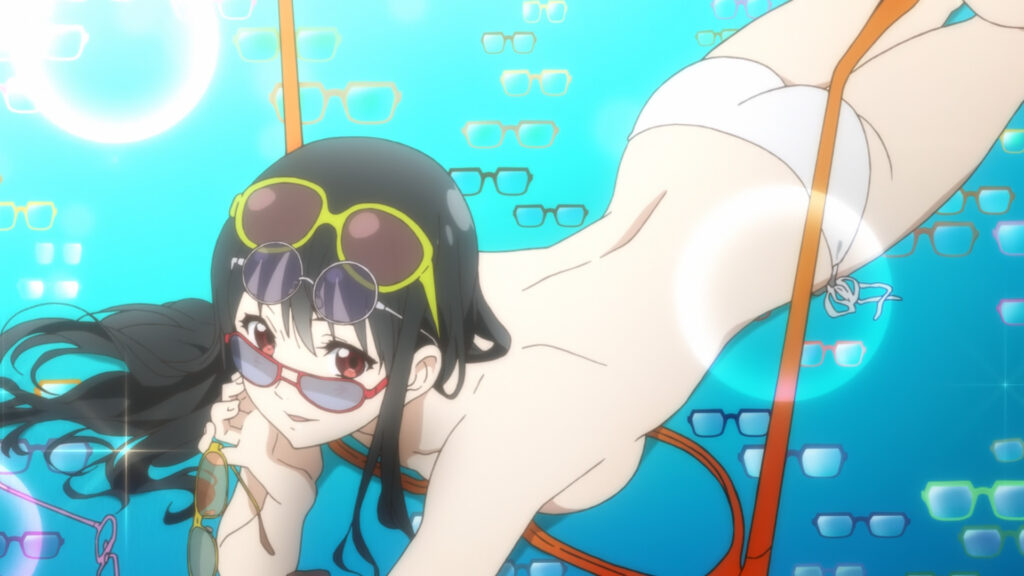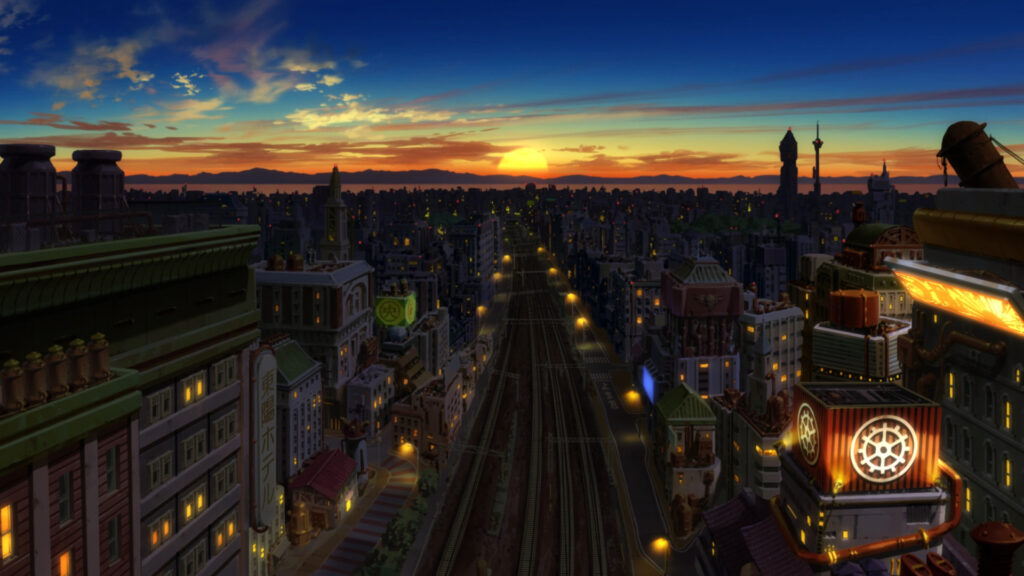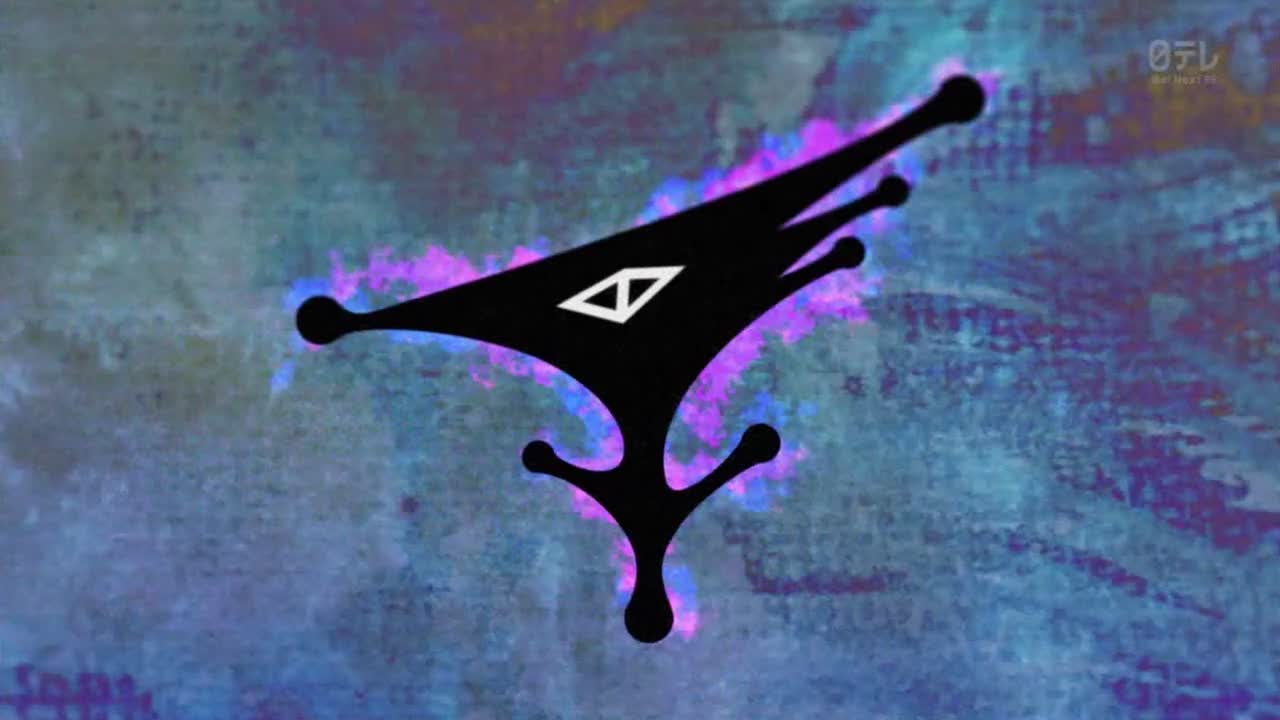Friday I was just spacing out looking at some AMV on Youtube when I noticed a shot from Dragon Maid. It’s been a while since I last (re-)watched that, so I decided to enjoy some delicious slice-of-life sakuga.

By the time I realized what’s happening I’d speedrun both seasons of Dragon Maid and it was time for more. Mahoushoujo ni Akogarete has been on my to-watch list for a while, and I took this opportunity to actually watch it end to end. It was… well, a not exactly safe-for-work experience, but especially the close-ups of Baiser’s face are absolute cinema.



